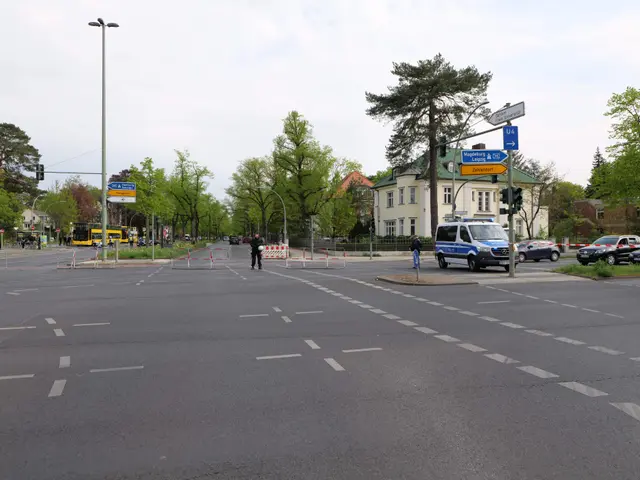Germany Expands Real-Time Facial Recognition, Sparking Privacy and Bias Concerns
Hesse's Interior Minister Roman Poseck (CDU) has announced the expansion of automated real-time facial recognition in Germany. The system, already operational in Frankfurt's main train station since July 10th, scans all passersby in the monitored area. Critics argue that the technology is discriminatory, with a tendency to make more errors when identifying women or people of color.
The system, which compares faces to images of wanted persons, has been in use in Frankfurt since last month. If a match is found, the police will intervene. By the end of 2023, the technology is expected to expand to automatically detect weapons and dangerous objects in video footage from Frankfurt's red-light district.
The use of this technology is not limited to Frankfurt. Cities like Berlin, Hamburg, and Mannheim are considering or already testing automated facial recognition. The system is also intended to help find missing persons and victims of abduction, human trafficking, or sexual exploitation.
The legal basis for this expansion was established by the Hesse state government's CDU and SPD factions through an amendment to the 'Law to Strengthen Internal Security' in late 2022. The 2023 coalition agreement also plans to use passport and identity card photos for biometric identification. In Hesse, video surveillance may also be used in 'anxiety spaces' as defined by the police, not limited to areas with actual criminal activity.
The expansion of automated real-time facial recognition in Germany is expected to continue, with more cities considering its use. While the technology aims to enhance security and aid in finding missing persons, critics raise concerns about potential discrimination and privacy issues. The system's impact and effectiveness will be closely watched as it becomes more widespread.







